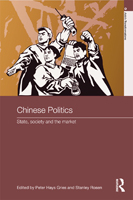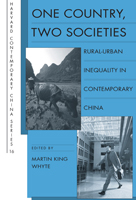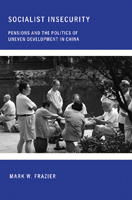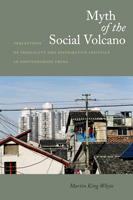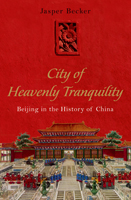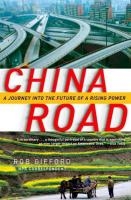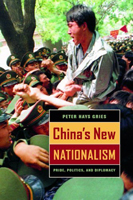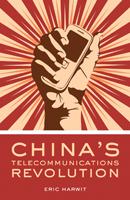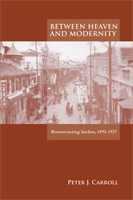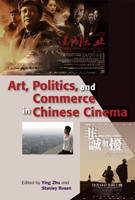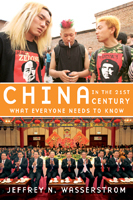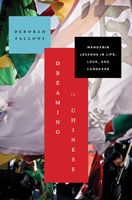
Dreaming in Chinese
Deborah Fallows has spent much of her life learning languages and traveling around the world. But nothing prepared her for the surprises of learning Mandarin, China's most common language, or the intensity of living in Shanghai and Beijing. Over time, she realized that her struggles and triumphs in studying the language of her adopted home provided small clues to deciphering the behavior and habits of its people, and its culture's conundrums.





